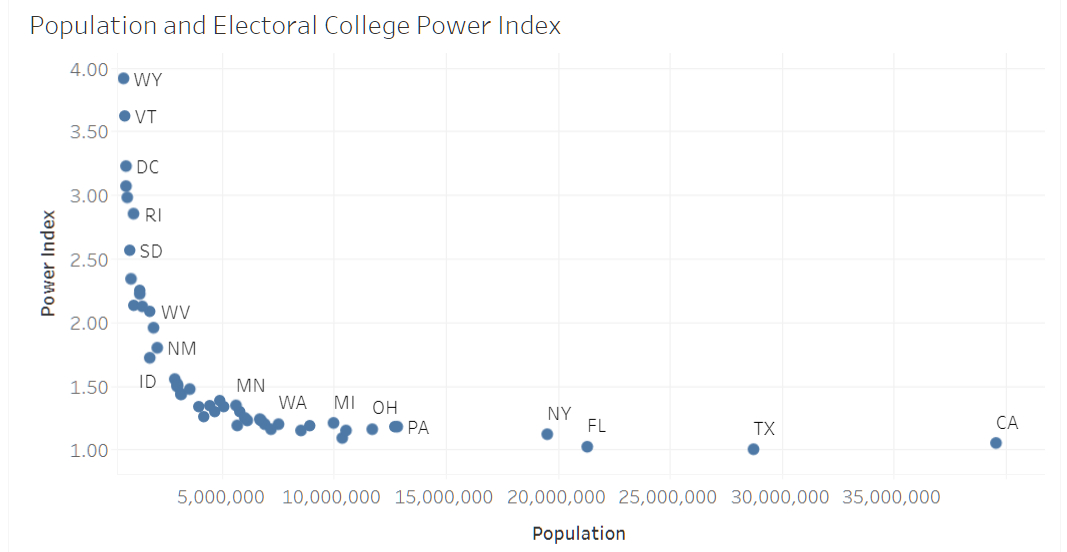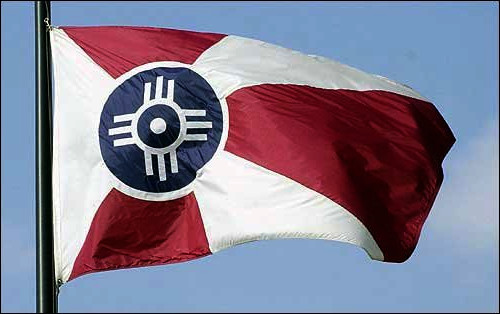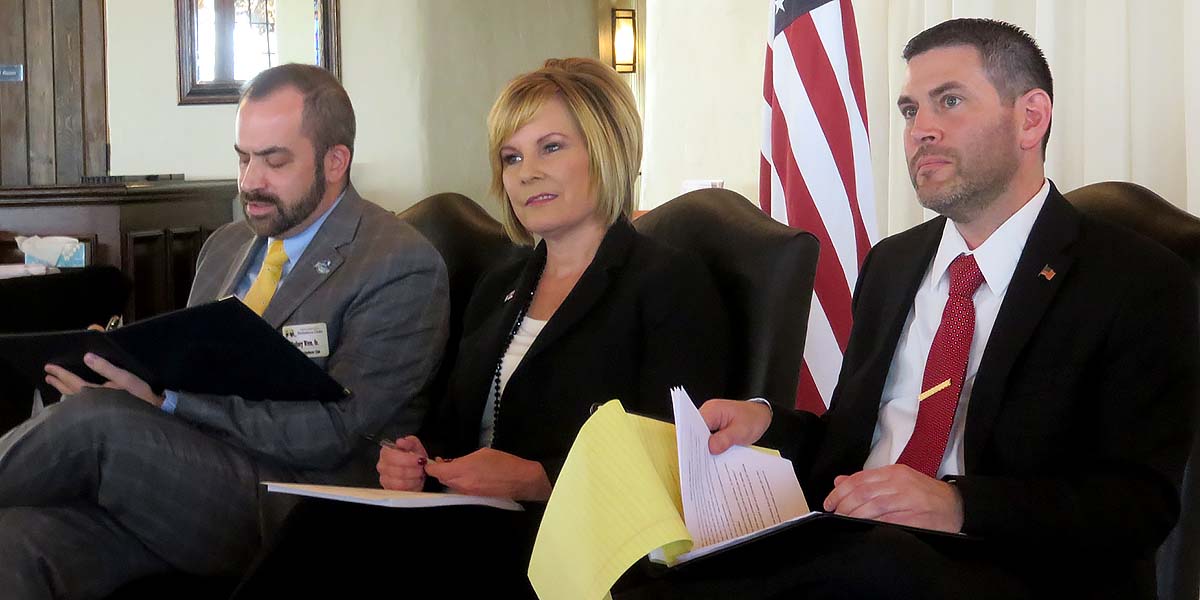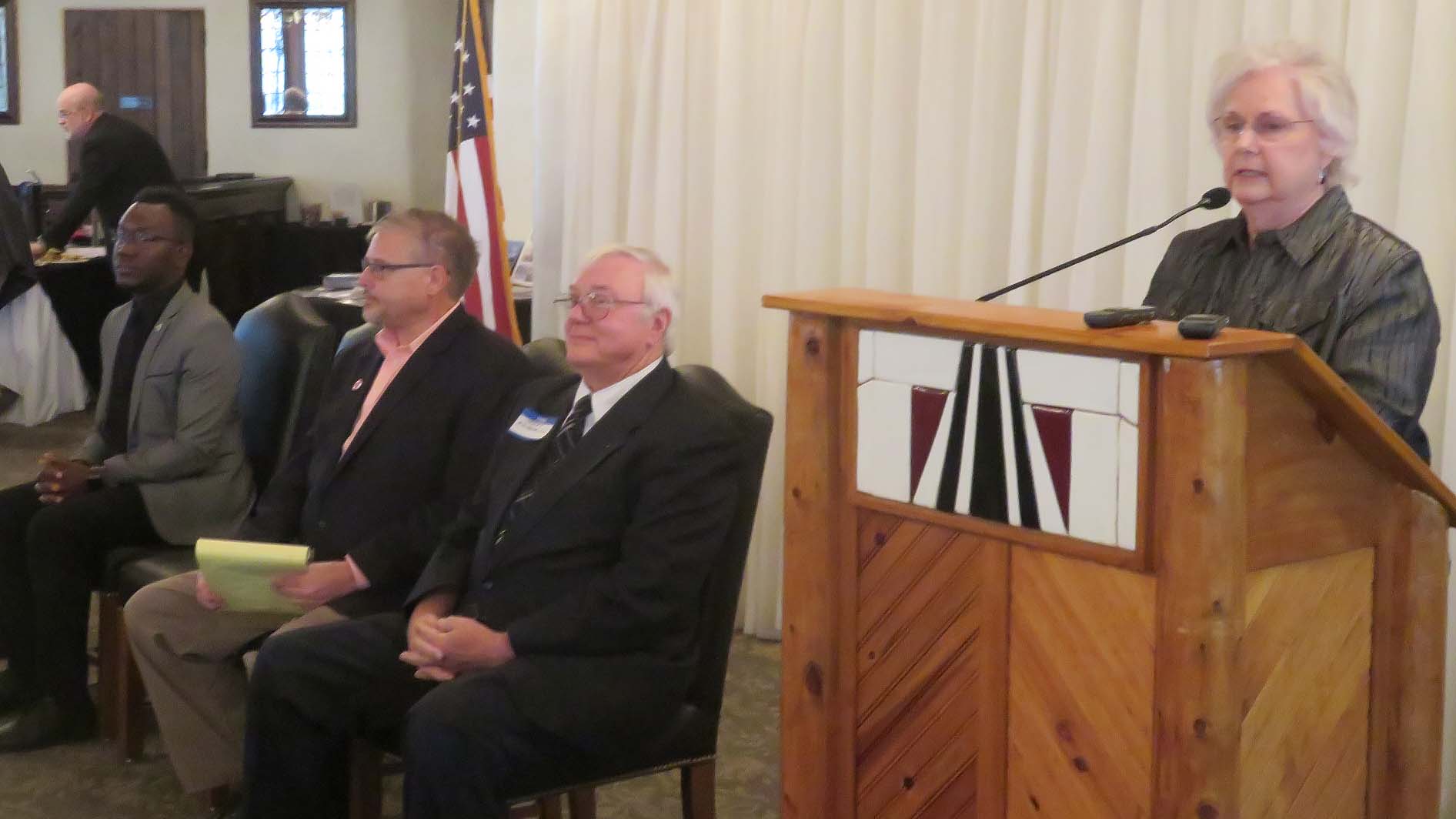Tag: Elections
-

End this now. Nominate Sarah Lopez.
Sedgwick County Republicans have a chance to do the decent thing and avoid the spectacle of a rump county commissioner.
-
Herman Cain, RIP
Herman Cain has died at the age of 74. He had been hospitalized with COVID-19.
-

From Pachyderm: Kansas House candidates
From the Wichita Pachyderm Club: Republican Party Candidates for Kansas House of Representatives District 85. This audio presentation or podcast was recorded on June 26, 2020.
-

From Pachyderm: Sedgwick County Commission Candidates
From the Wichita Pachyderm Club: Republican Party Candidates for Sedgwick County Commissioner District 3. This audio presentation or podcast was recorded on June 19, 2020.
-

From Pachyderm: Sedgwick County Commission Candidates
From the Wichita Pachyderm Club: Republican Party Candidates for Sedgwick County Commissioner District 2. This audio presentation or podcast was recorded on June 12, 2020.
-
Candidate lists for August 2020 primary election
Here are easy-to-use spreadsheets holding candidates for the August 2020 primary election.
-

All Kansas Republicans should have a voice
A presidential nominating caucus or primary would allow Trump skeptics in Kansas to have their say. It could provide a safety valve, a way to release the pressure that builds up from being told they are traitors to not only their party but to the country as well.
-

Electoral College math
In the Electoral College, residents of different states have widely varying influence.
-

Checking a Jeff Longwell for Mayor political ad
An ad from the Jeff Longwell for Mayor Committee contains a false claim.
-

The Making of the Wichita Mayor 2019
There are eight major lessons for Wichita voters when they cast their ballots on or before November 5, 2019, concerning the revelations of favoritism involving the mayor, apparently a majority of the city council, and a number of Wichita businesses and businessmen concerning a proposed massive city water plant contract that is close to half…
-

From Pachyderm: Wichita City Council Candidates
From the Wichita Pachyderm Club this week: Wichita city council candidates from district 2. This audio presentation or podcast was recorded on October 11, 2019.
-

From Pachyderm: Wichita school board candidates
From the Wichita Pachyderm Club this week: Candidates for the board of USD 259, the Wichita public school district. This was recorded October 4, 2019.